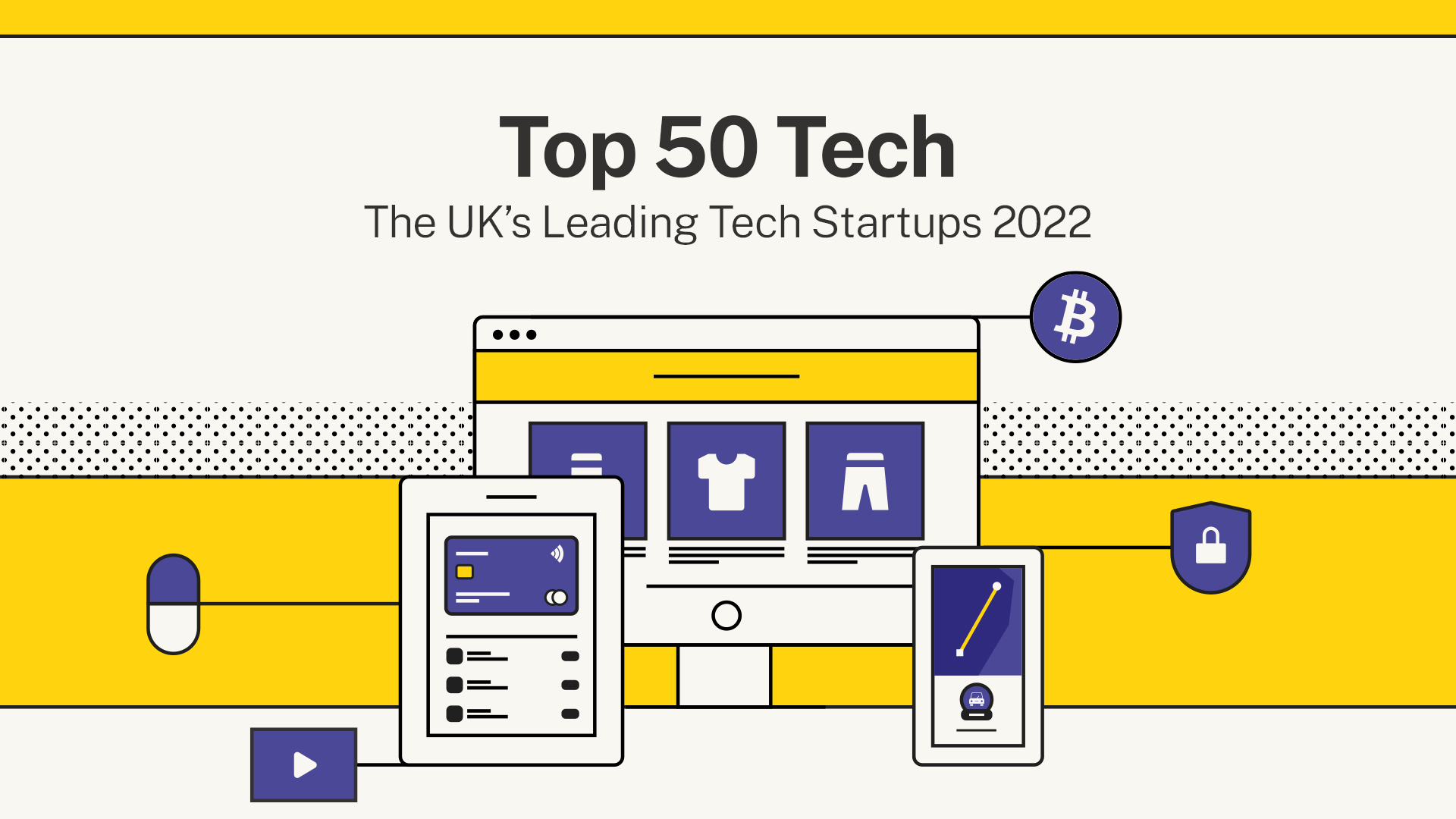Starting a business has always been a bold venture, but in 2025, entrepreneurs are better equipped than ever to turn their visions into reality. With the rise of innovative Startup Ideas and a global focus on entrepreneurial growth, funding options have expanded dramatically. Whether you’re launching a tech-based venture or exploring Small Business Ideas, finding the right funding source is essential for success. This article dives into the best funding options for startups in 2025, helping you identify strategies tailored to your business goals.
Venture Capital and Angel Investors
One of the most sought-after funding sources in 2025 remains venture capital (VC) firms and angel investors. These investors provide significant capital in exchange for equity in high-potential startups. The rise of niche-focused funds has made VC funding more accessible for startups operating in specific industries like AI and Automation, e-commerce, and health tech.
Angel investors, often successful entrepreneurs themselves, not only offer financial support but also provide mentorship and access to valuable networks. This combination of funding and expertise is crucial for startups looking to accelerate growth and navigate competitive markets.
Crowdfunding Platforms
Crowdfunding continues to thrive as an accessible and democratic funding option for startups in 2025. Platforms like Kickstarter, Indiegogo, and new blockchain-based crowdfunding tools enable entrepreneurs to showcase their ideas to a global audience. Startups leveraging Digital Marketing strategies to tell their story effectively often find significant success in attracting backers.
Crowdfunding is particularly appealing for businesses developing consumer-facing products or services. It not only provides the necessary capital but also validates demand for the product and creates a loyal customer base early on.
Government Grants and Subsidies
Governments worldwide are increasingly supporting entrepreneurial ventures to drive economic growth and innovation. In 2025, startups can access grants, tax incentives, and subsidies designed to foster specific industries, such as Tech-Based Startups, renewable energy, and Sustainable Businesses.
Entrepreneurs should thoroughly research government programs available in their region. These programs often provide non-dilutive funding, meaning you don’t have to give up equity in your company. However, securing these funds typically requires a detailed business plan and proof of potential societal or economic impact.

Equity Crowdfunding
Equity crowdfunding is another powerful tool for startups seeking funding in 2025. Unlike traditional crowdfunding, backers receive equity in the company in exchange for their contributions. This model has gained popularity among startups looking for a diverse pool of investors without the limitations of traditional funding sources.
Platforms like Seedrs and Crowdcube are particularly popular in regions like Europe and North America. By targeting investors interested in E-commerce Businesses or Future Industry Insights, startups can build a strong investor base while retaining significant control over their operations.
Incubators and Accelerators
Startup incubators and accelerators provide not just funding but also essential resources, mentorship, and office space to early-stage ventures. Programs like Y Combinator, Techstars, and industry-specific accelerators focus on nurturing innovative startups. These programs are highly competitive but offer unparalleled support in building a scalable business model.
Many accelerators specialize in specific niches, such as AI Technologies Tools or E-commerce Innovations, making them ideal for startups with focused goals. Startups often emerge from these programs with stronger networks, higher valuations, and better chances of long-term success.
Bank Loans and Credit Lines
Traditional financing options like bank loans and credit lines remain viable for startups in 2025, especially for those with established revenue streams or tangible assets. Many banks now offer startup-friendly loans with flexible repayment terms and lower interest rates, thanks to competition from fintech companies.
For startups looking to expand operations or invest in Digital Services, credit lines provide a convenient solution. While these options may require collateral or a solid credit history, they enable entrepreneurs to maintain full ownership of their businesses.
Revenue-Based Financing
Revenue-based financing (RBF) has gained popularity as a flexible funding option for startups in 2025. With RBF, investors provide capital in exchange for a percentage of future revenue until the agreed amount is repaid. This model is particularly appealing for startups with consistent cash flow but hesitant to give up equity.
For businesses operating in competitive spaces like Content Marketing or Social Media Marketing, RBF offers a risk-sharing approach that aligns investor incentives with the startup’s success.
Initial Coin Offerings (ICOs) and Token Sales
In 2025, blockchain technology continues to reshape funding options for startups. ICOs and token sales allow startups to raise funds by issuing digital tokens to investors. These tokens often represent access to a product or service or serve as a form of investment.
Startups exploring AI in Business Operations or decentralized applications are particularly well-suited for this funding model. However, it is essential to navigate regulatory challenges and build trust with potential investors to ensure a successful campaign.
Strategic Partnerships
Forming strategic partnerships with larger companies can provide startups with funding, resources, and market access. Many corporations are eager to invest in innovative startups that align with their long-term goals. This model is especially prevalent in industries experiencing rapid technological advancements, such as AI and Automation in Industry.
By collaborating with established players, startups can leverage their expertise, infrastructure, and customer base to accelerate growth. These partnerships often go beyond financial support, offering startups a competitive edge in their respective markets.
Bootstrapping
Bootstrapping remains a popular choice for entrepreneurs who prefer to maintain full control over their businesses. By reinvesting profits and managing expenses carefully, startups can achieve sustainable growth without relying on external funding.
While bootstrapping requires discipline and patience, it allows entrepreneurs to focus on long-term goals without the pressure of meeting investor expectations. Many successful Online Business ventures started with this approach, proving its viability in the right circumstances.
Conclusion
The funding landscape for startups in 2025 offers more options than ever before, catering to diverse needs and business models. From venture capital and crowdfunding to government grants and token sales, entrepreneurs have access to a wide range of resources to fuel their growth. By understanding the strengths and challenges of each funding option, startups can make informed decisions that align with their goals and values.
As you explore funding opportunities, remember that success depends on a compelling vision, a solid business plan, and a willingness to adapt to changing market conditions. For more insights on thriving in the entrepreneurial world, visit our Blog and discover the latest trends shaping the future of Business Trends and innovation.

